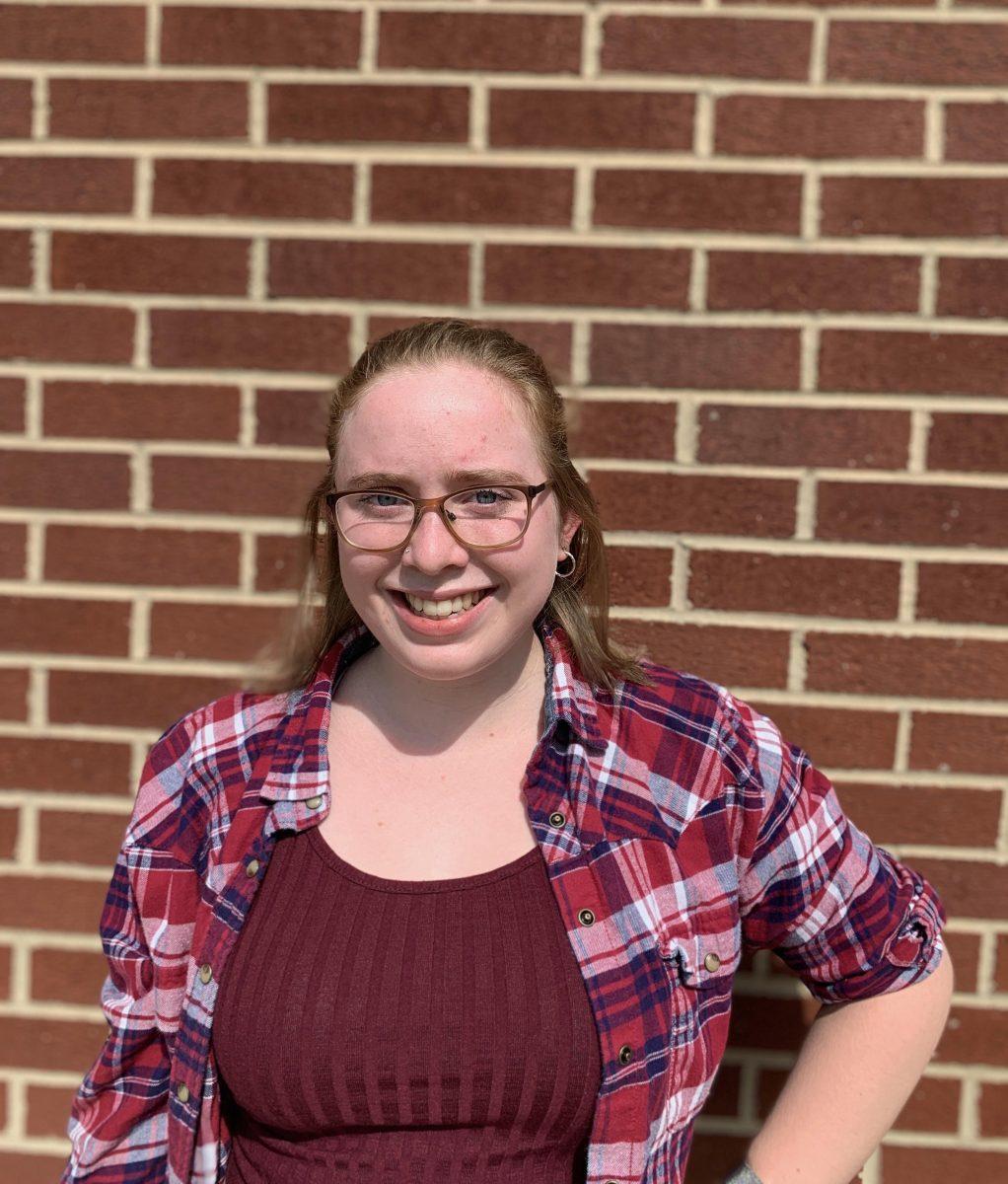You may know that September is the national Suicide Prevention Month, but what does that mean? Suicide Prevention Month is a national event taking place right now around the world in order to promote suicide prevention awareness and share resources and knowledge about the causes and prevention methods of suicide. In honor of Suicide Prevention Month, I wanted to share my personal struggles with you in order to help explain why this month is so significant.
For me, it all started at the beginning of high school. I remember feeling isolated and judged by everyone around me. My mental health took frequent dips during this time, but it wasn’t until my junior year that I found out these dips were symptoms of bipolar disorder. Back then, I thought they were normal. When I got up the courage to mention it to my friends, they laughed and said that all I needed to do was to stop thinking like that, but I couldn’t.
As I continued to grow up, the depressive and manic episodes of my undiagnosed bipolar disorder began to get stronger and more frequent. By the time I reached junior year, I had multiple plans of how I was going to commit suicide, but it wasn’t until that winter that I finally broke.
My experience may sound very similar to some of your own thoughts. Suicide is a much more common struggle than most people realize. In America alone, one person dies every 12 minutes, or 123 Americans per day, because of suicide. For every person who successfully committed suicide though, another 25 attempted and failed to take their own life.
There is a common misconception that people who attempt suicide do it purely out of a desire to end their lives. In reality, a good portion of people only attempt suicide because they don’t see any other way to escape the pain, hopelessness, judgement and impulsive, intrusive thoughts associated with mental illnesses or the feeling of being a burden on everyone around them.
The hardest part for me throughout this was the fact that I knew what I was doing was wrong. Growing up, I was force fed the statement “suicide is not the answer,” and I knew it was not the right thing to do, but the reason most people attempt suicide is not because they think it is the answer. They do it because they don’t know the answer, and they don’t have any fight left in them to keep looking for one. Everyone knows suicide is not the answer, but knowing the signs and causes of suicide and having the tools to help someone through it could help save a life.
This is the goal of Suicide Prevention Month — to give people struggling with suicidal ideologies the tools, resources and support to continue their battle and rise above suicide — but they can’t do it alone. Suicide prevention is everyone’s fight. This is why I wanted to share my story with you. It is easy to believe the misconceptions about suicide and claim that it is the individual’s fault for reaching that point, but the truth is, suicide is not an individual problem. It is one that affects us all, and it is beatable if we all work together to raise awareness about the truth behind suicide and the resources available to those who need them.
But what can you do?
A simple thing everyone can do is be open to talking about the subject. The taboo nature of suicide is a major barrier for people struggling with suicidal ideologies. How is someone suppose to ask for help when the topic of suicide makes everyone so uncomfortable? By being open, honest and willing to endure the discomfort of the topic, you could become a major source of support for your loved ones and help them find a reason to keep fighting.
You do not have to know all the answers right away. The focus of September is to raise awareness about suicide and suicide prevention in order to education and empower people like us. NAMI On Campus and the NC State Counseling Center are two great local resources for learning more about suicide prevention. Together, as a Wolfpack, we can spread awareness of suicide prevention.
If you are in a crisis situation and need immediate help, please call the National Suicide Prevention Lifeline at 1-800-273-8255 or call 911.














